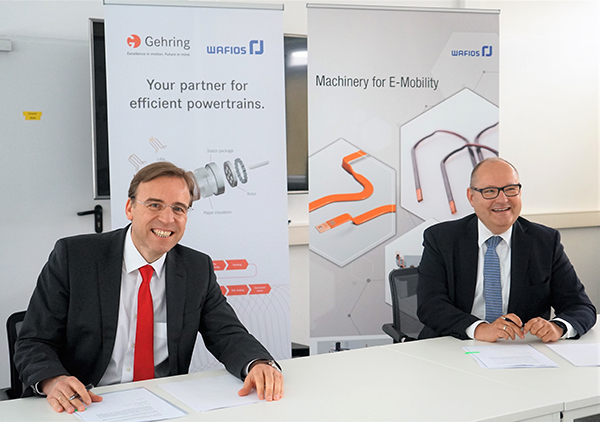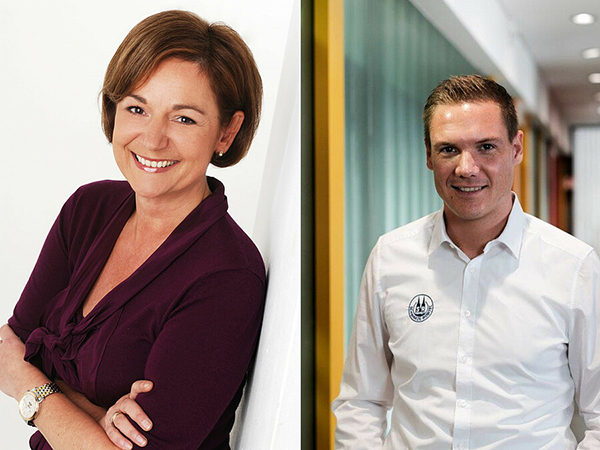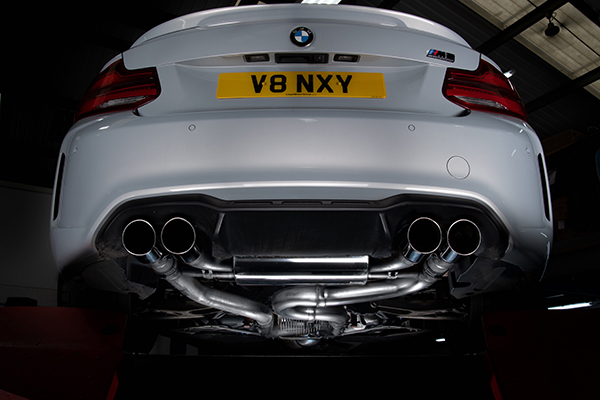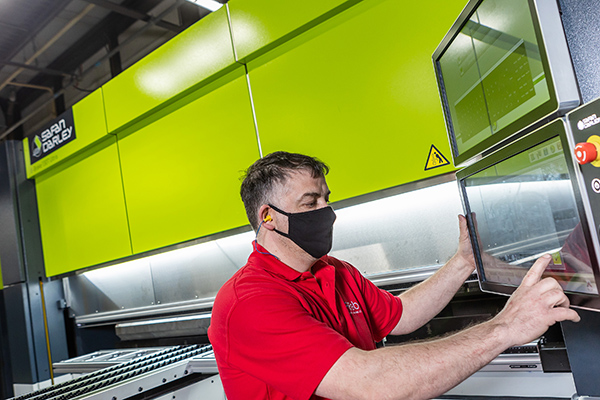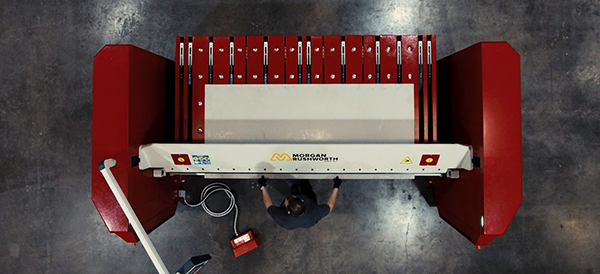
Machine manufacturers Gehring and Wafios are pooling their expertise to offer the global automotive industry complete turnkey production lines for hairpin stators.
The first step towards the new network arrived in November 2020, when the family-run Nagel Group took over machine manufacturer Gehring, which further strengthened its role as a technology partner for electro-mobility production systems. The next important step is intensive co-operation with forming specialist Wafios. Together, Gehring and Wafios will be developing stator assembly lines for important automotive locations worldwide, from initial idea to commissioning.
The co-operation combines Gehring’s decades of experience in designing systems for automotive series production and Wafios’ technological leadership in the field of straightening technology and wire forming, which is particularly important for the production of hairpins.
The low cycle times of high-volume production, in which electric motors are produced in under one minute, is a major challenge for stator production and its very complex wire-bending processes.
Says Tobias Single, head of E-mobility at Wafios: “We have mastered this complexity and can offer efficient, process-capable and futureproof solutions on the solid basis of our existing know-how. In addition, the bending process contributes significantly to quality: anything that we do at the beginning, whether right or wrong, makes the processes further down the line easier or more difficult.”
This is where Wafios comes on board as the right partner for Gehring, because the company’s FMU E bending machine has already proven itself many times over in the small series production of hairpins for the automotive industry.
For further information
www.wafios.com






